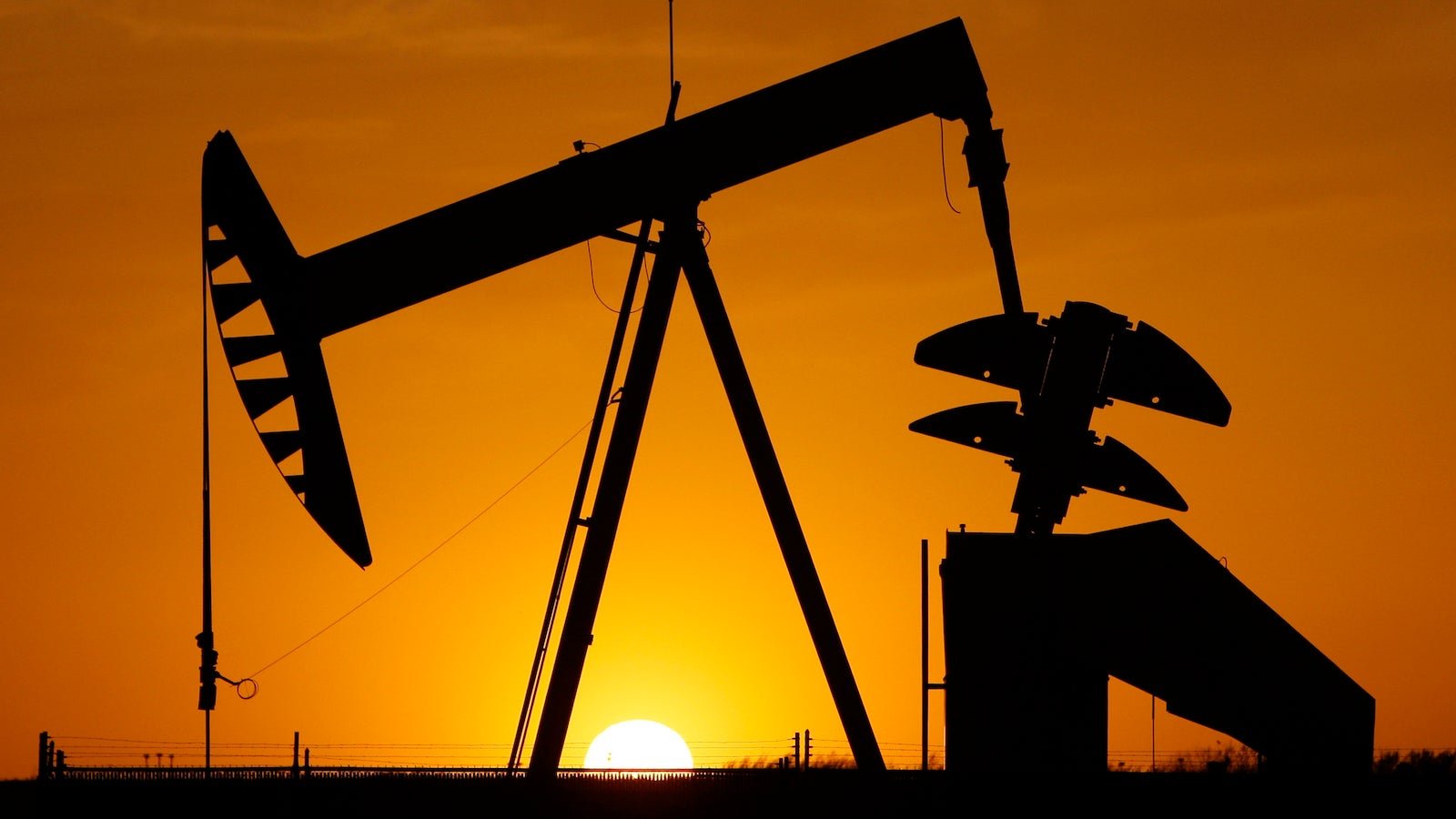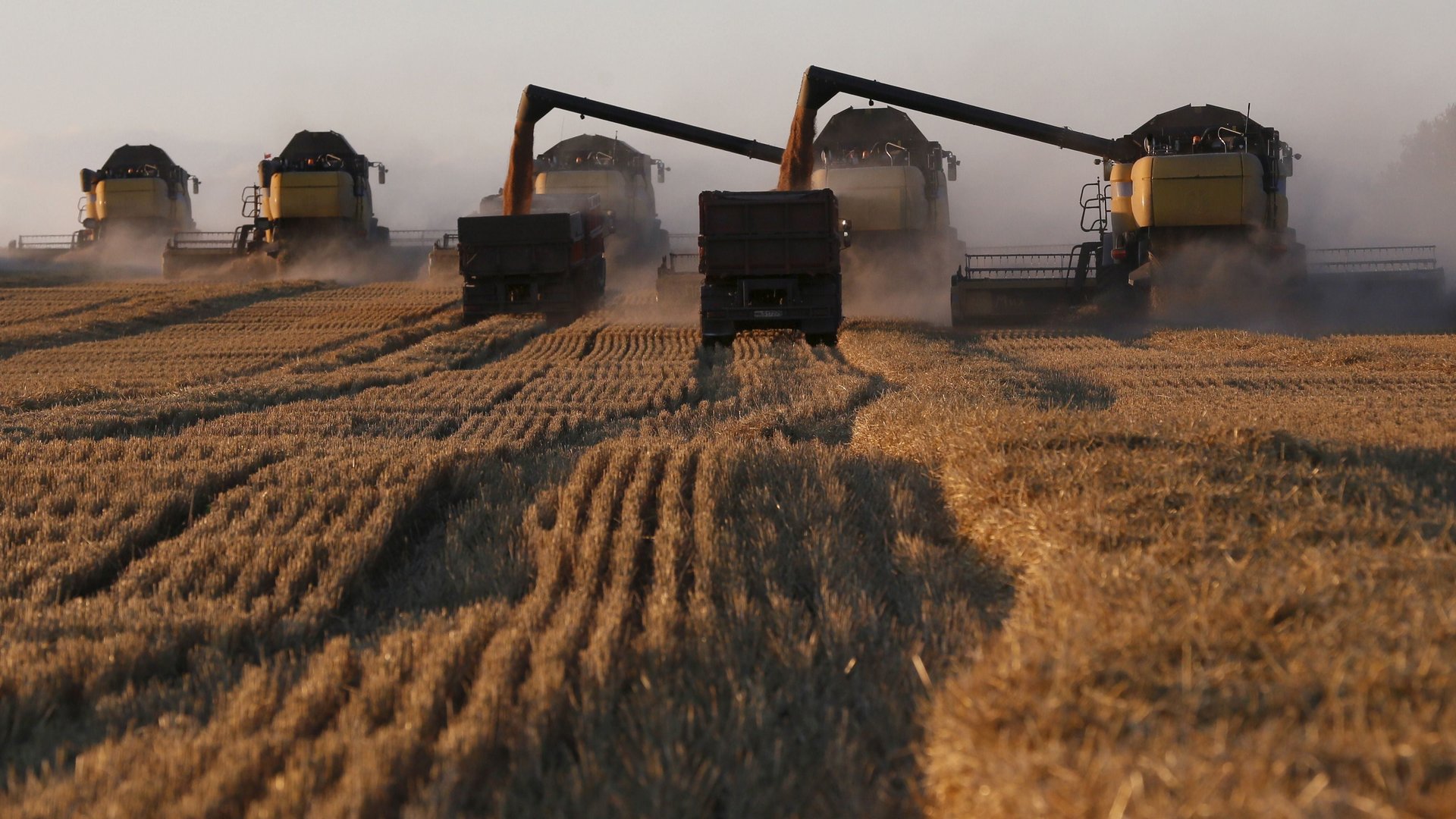The Race to Zero Emissions: lab-grown meat, renewable boom, coal declines
In case you missed it, you can now read our entire field guide on how India is working to kick its coal addiction.

In case you missed it, you can now read our entire field guide on how India is working to kick its coal addiction.
Back to regular service. Here’s what happened over the past week that helped or harmed the world’s chances of cutting greenhouse-gas emissions to zero.

🔽 Decreases emissions
1️⃣ The world will build 1,200 GW of solar, wind, and hydropower in the next five years, according to the International Energy Agency. Thanks to falling prices, the global renewable-energy capacity will grow by 50% in that period.
2️⃣ India‘s emissions growth in 2019 will be its lowest in 20 years, a new analysis shows. The contributing factors are lower oil demand growth, slowdown in building coal power plants, and strong growth in renewables.
3️⃣ Coal power plants in the EU are set to lose billions of euros each year. It’s happening because the cost of environmental regulations on coal are increasing, while the cost of new renewable installations is falling. That said, the study’s methodology has been questioned by coal companies.
4️⃣ South Africa will continue to build coal power plants, but the fossil fuel’s contribution to the country’s electricity mix will decline, according to the government’s latest plans. The forces pushing coal down in South Africa are quite similar to those in India.
5️⃣ EV round up: Honda says it will make only electric and hybrid cars in Europe as soon as 2022. Daimler has dropped plans to build a natural-gas powered truck and will instead focus on battery and hydrogen versions. Toyota is building very tiny electric vehicles for the 2020 Olympic Games in Tokyo.
The future of meat 🥩
There’s no way to reach zero emissions without also addressing the meat problem. My colleague Chase Purdy, author of the upcoming book Billion-Dollar Burger, writes this week that one way to tackle the problem will be through meat grown in labs. While the technology was once expensive—the first lab-grown burger cost $300,000—costs have tumbled in recent years, and we may be on the cusp of mass-market applications. Read more in the field guide on the future of meat; Quartz members can join a conference call on the topic later this week.

Net-zero (for now)
1️⃣ Kuwait is likely to become the first member of the OPEC cartel to take the threat of climate change seriously. It is expected to cut its oil production because it expects lower demand in the future.
2️⃣ The EU, China, India, and other countries have teamed up to create uniform rules on “green” investment. The group under the International Platform on Sustainable Finance represents nearly half the world’s GDP and could reshape trillions of dollars worth of investment in the coming decades.
3️⃣ Glacial rivers can absorb carbon faster than rainforests, according to a new study. Sediments scraped by a glacier’s movement are able to trap carbon dioxide from the air in a process called chemical weathering.
4️⃣ The green economy in the US has 10 times as many jobs as the fossil fuel sector, according to government figures.
5️⃣ Google and other tech companies give large sums of money to lobbying firms that deny climate change. Their main goal is to protect an obscure law that offers the companies legal immunity against third-party comments, in effect treating them as distributors of content and not publishers.
Plant-based meat alternatives 🎧
While we wait for that cell-cultured meat to hit the supermarket shelves, many already have the option to buy plant-based alternative meat from companies like Beyond Meat and Impossible Foods. Ever wondered just what are they made of? You can find the answer in this recent episode of the podcast Outrage and Optimism that features Ethan Brown, the CEO of Beyond Meat, who transitioned from being a renewable-energy entrepreneur to running a food company.

🔼 Increases emissions
1️⃣ Organic farming makes climate change worse, according to one recent study. Lower yield means we’ll need to use more land to produce the food the world needs and thus increase overall greenhouse-gas emissions.
2️⃣ The UK is the biggest importer of carbon-dioxide emissions among G7 countries. The EU and the US come next. Imported emissions are those produced in another country—to, say, make an iPhone—which is later bought in a G7 country.
3️⃣ California is struggling to manage fires that may have been started by power lines. Related: Indonesia‘s fires in 2019 burned through a larger area than in 2018.
4️⃣ It’s that time of the year when the Great Smog of India—as a recently published book calls it—chokes much of the country’s northern regions. While air pollution in most Indian cities is bad all year, it gets much worse in and around Delhi in October when farmers burn straw and stubble in preparation for the sowing season.
5️⃣ In the sea, polystyrene—a widely used plastic—is broken down into components that aren’t harmful. That might explain some of the “missing” plastic in the ocean. The bad news is that, during the degradation, it also produces some carbon dioxide.
Stats to remember
As of Oct. 27, the concentration of carbon dioxide in the atmosphere was 408.66 ppm. A year ago, the level was 406.19 ppm.
If you’d like to support my work, you can subscribe to Quartz using the promo code AKSHAT8487 at checkout. You’ll get 50% off Quartz’s membership. Have a great week ahead. Please send feedback and tips to [email protected].